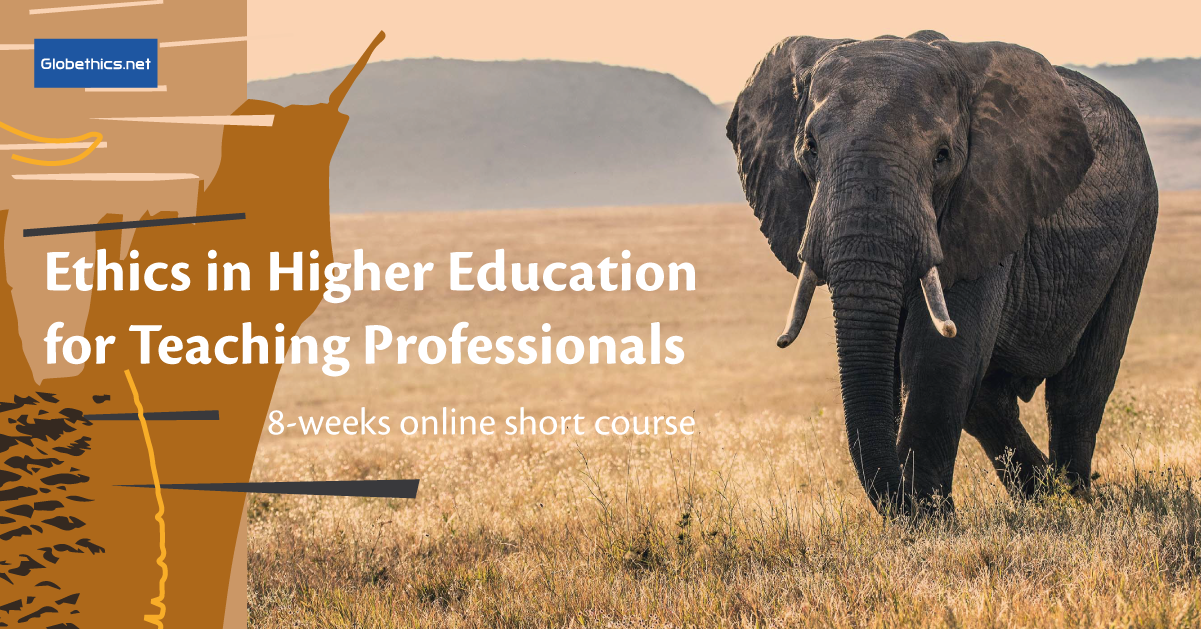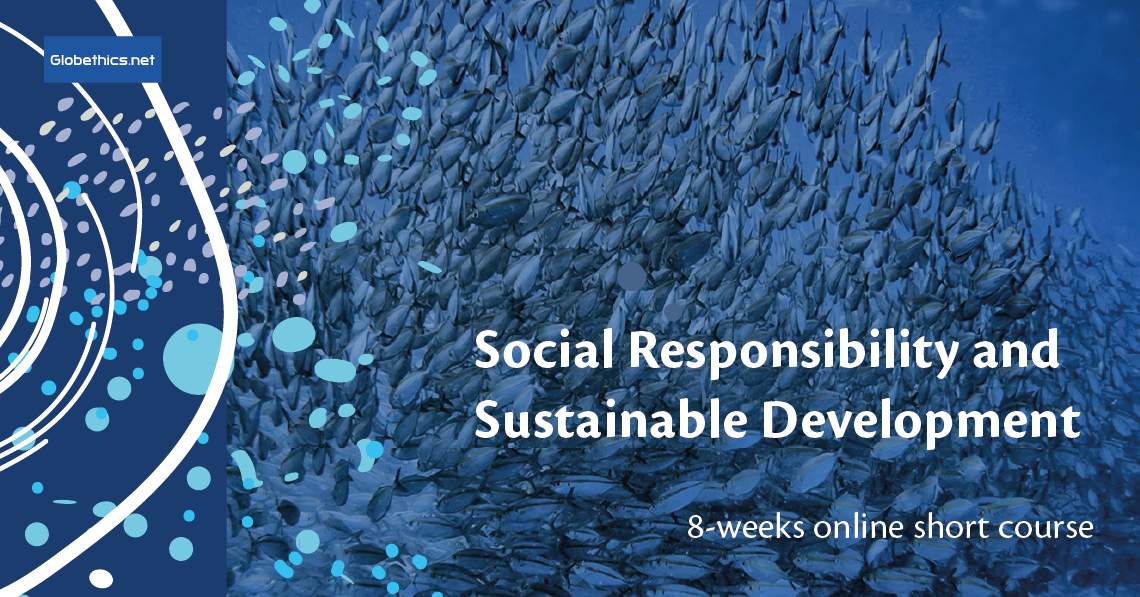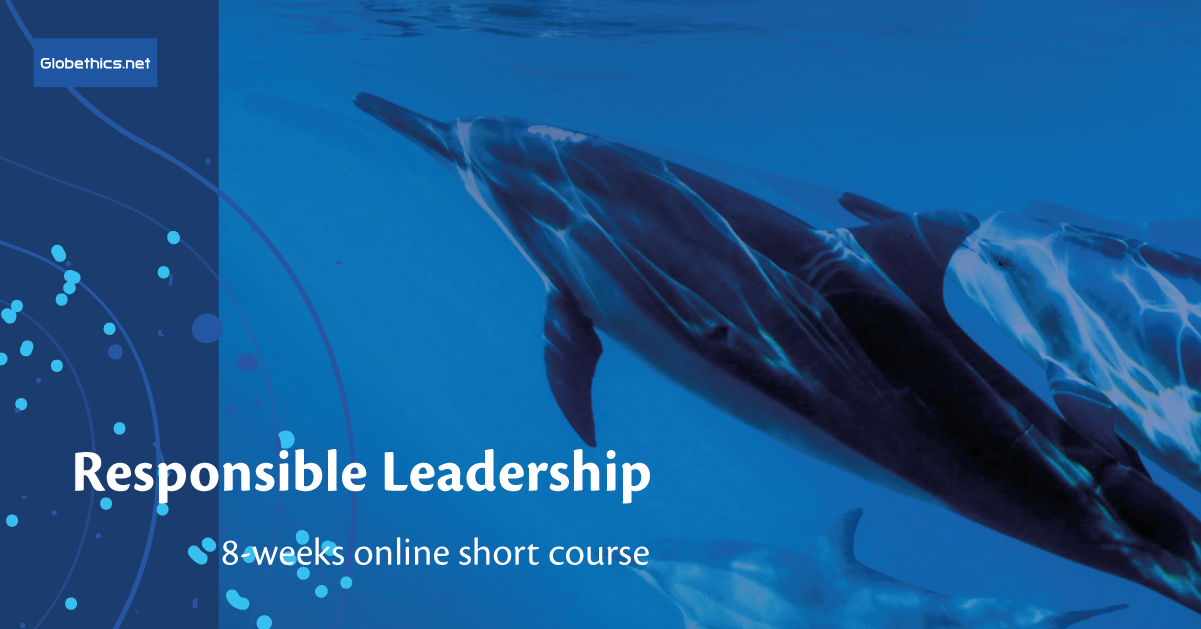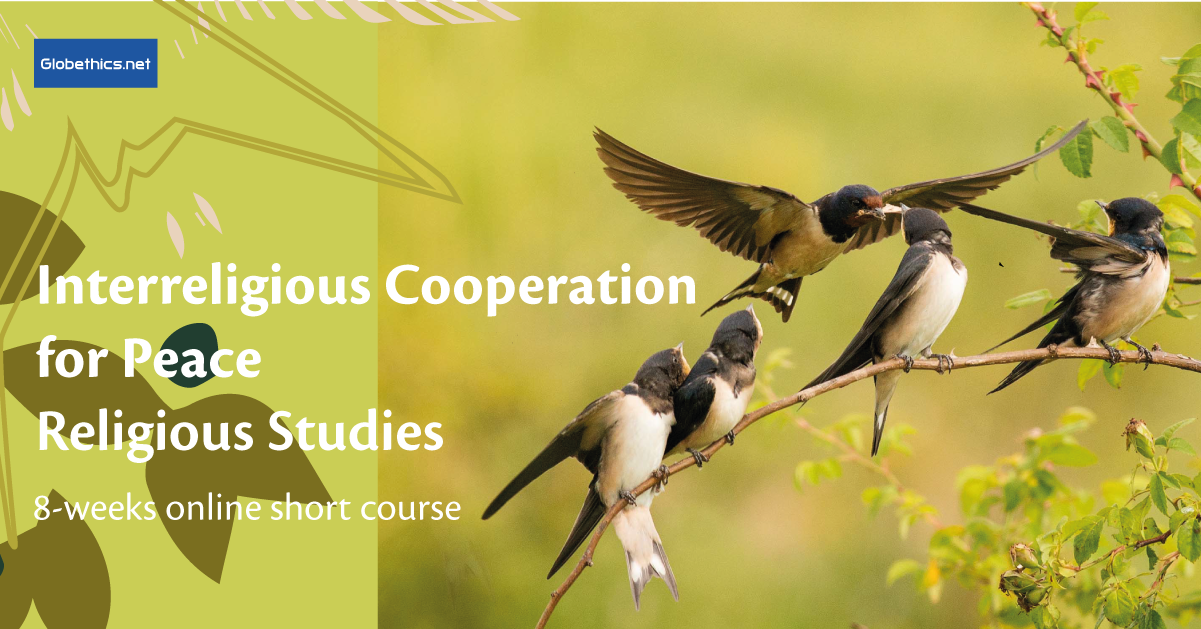
The course provides participants with the knowledge, competence and skills on the relevance of ethics in the context of a higher education institution, and more specifically as related to the execution of a teaching task.
Learning contents include the study of non-ethical behaviours such as plagiarism, cheating and of ethical dilemmas that are well-defined, but complex and nonroutine. Cybersecurity, intercultural differences, protection of privacy, copyright and intellectual property protection are included in the discussion questions.
- Teacher: Gilles Bach
- Teacher: Meggy Kantert
- Teacher: Anna

The course is intended for teachers and researchers in Higher Education Institutions (HEI) and helps them to recognise, understand and address ethical issues in personal, institutional and professional contexts. As a course participant, you will be asked to reflect on existing policies and practices within your institution, and more broadly, within the higher education sector. You will be provided with the knowledge and tools to reflect on policies through the lens of an
ethicist.
- Teacher: Gilles Bach
- Teacher: Meggy Kantert

This online course introduces you to Corporate Social Responsibility (CSR) and its place in the world today. You will learn about the history, the different definitions and approaches, and the application of CSR within organisations. The learning materials and tools available in the courses allow you to acquire an introductory knowledge of CSR that will help you address social responsibility and sustainability concerns more effectively.
- Teacher: JOSÉ DAVID

Leading with responsibility and integrity emerges as one of the central topics of contemporary societal and economic debate. How can people provide leadership in the professional world and in the world at large that responds to the public expectations and ethical principles of transparency, accountability and respect of diversity?
This course aims to develop critical thinking about the theory and practice of responsible leadership. It will examine different theories and will focus on dialogical leadership which enables transparent and effective deliberation. The thinking about leadership can apply to all sectors, though much of the leadership theory discussed emerges from business studies.
Key Learning Outcomes
- Critically evaluate leadership theories, to apply theories on leadership in different contextual situations
- Identify challenges with regard to leadership in practice and investigate in responsibility as guiding ethical principle for leadership
- Create an ethical framework of understanding leadership related to business, societal and cultural environments
- Draw upon learning contents from across the course to create meaningful and values-based statements on leadership within their own professional contexts.
The learning outcomes are embedded in the overall objective to allow participants to understand and engage creatively with the impact of institutional transformation based on ethics for the benefit of their institutions, companies and of society as a whole.
Job prospect
Successful participants habitually work in public or private professional sectors. Responsible leadership is considered as one of the few key competences decisive for all professional development initiatives and is considered as one of the key assets for employability.
- Teacher: Gilles Bach
- Teacher: Meggy Kantert

- Teacher: Meera Baindur
- Teacher: Heidi